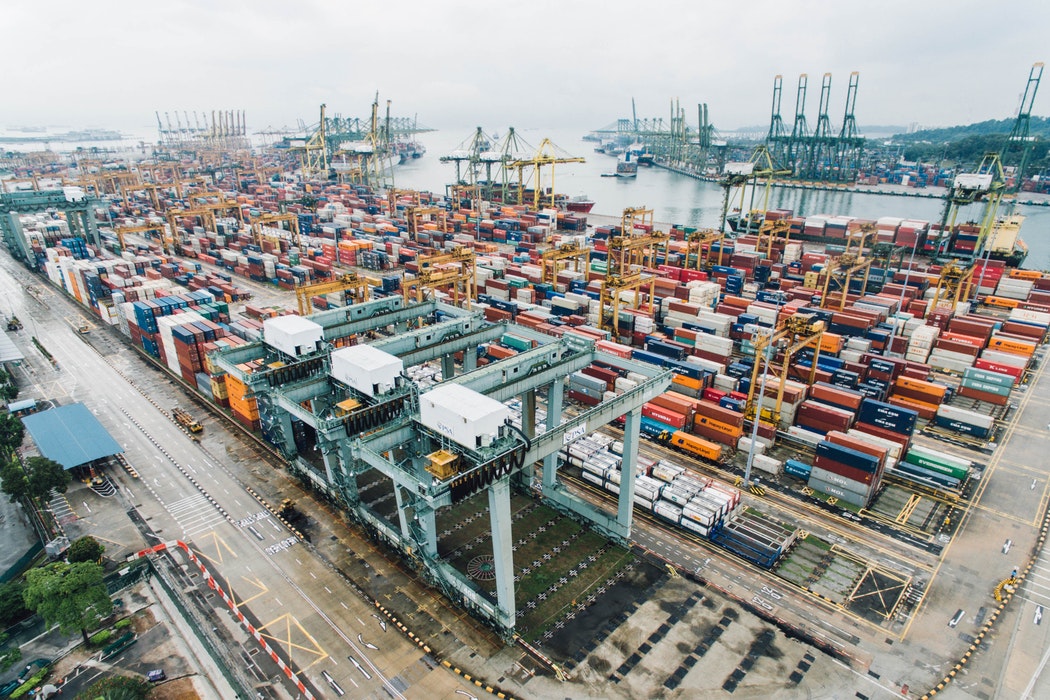Australia and 10 other nations have signalled they will sign a revised Trans-Pacific Partnership trade deal, after Canadian Prime Minister Justin Trudeau snubbed what was supposed to be a signing ceremony in Vietnam in November 2017.
Three months later, a new deal has emerged from talks in Japan, to be known as the Comprehensive and Progressive Agreement for Trans-Pacific Partnership (CPTPP). Trade ministers will attend a signing ceremony in Chile in March 2018.
The original proposal included patent provisions that may have increased pharmaceutical costs and copyright rules that extended content ownership periods?—?a significant sticking point for some countries including the US. Canada has now succeeded in aligning these clauses more closely to existing international standards.
The trading partnership does not include China or the USA. The 11 nations are Australia, New Zealand, Singapore, Malaysia, Brunei Darussalam, Vietnam, Japan, Canada, Mexico, Chile, and Peru.
It is understood the deal will include:
– The abolition of all tariffs on seafood, wine, sheep meat, cotton wool and manufactured goods across the region
– New bilateral trade deals for Australia with both Canada and Mexico
– Japan will reduce the import barriers on Australian beef faster
– Japan will eliminate several tariffs on Australian cheese imports, and
– Improved conditions for Australian service exports within the region.
Trade Minister, the Hon Steven Ciobo MP, said new deal will eliminate more than 98 per cent of tariffs in a trading zone with a combined GDP of more than $13 trillion.
Latest posts by Team Nexus APAC (see all)
- MUCH MORE NEEDED TO CLOSE THE GAP - February 15, 2019
- HAKEEM RETURNS HOME - February 15, 2019
- MEDIVAC BILL - February 15, 2019



